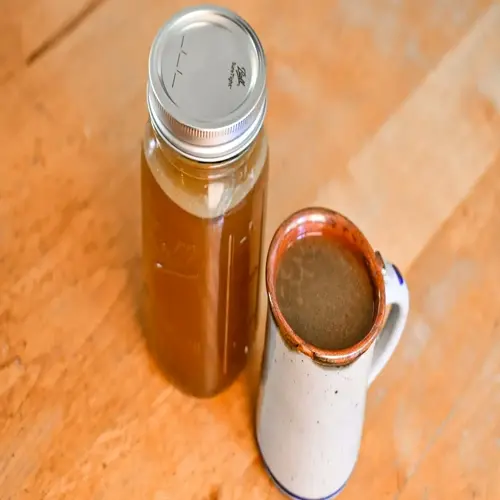Does deep tissue massage cause bruising?

Written by
Tran Quang
Reviewed by
Prof. Benjamin Murphy, Ph.D.Deep tissue massage results in bruising only when therapists employ too much pressure, damaging capillaries under the surface of the skin. Minor bruising may be normal, but visible bruising, which is unsightly, indicates the therapist is using improper techniques. Good practitioners can relieve tension gradually and without trauma by having the client provide feedback, allowing the pressure to be adjusted immediately before it causes tissue damage.
Communication Protocols
- Report sharp pain immediately during sessions
- Use standardized pressure scale (1-10) for feedback
- Request pressure adjustments for sensitive areas
Therapist Qualifications
- Verify advanced deep tissue certification
- Check experience with medical conditions
- Confirm knowledge of contraindications
Pre-Session Preparation
- Disclose blood thinning medications
- Hydrate well 24 hours before appointment
- Avoid alcohol 48 hours pre-massage
Proper aftercare minimizes bruising when it occurs infrequently. Apply cold compresses for 10 minutes, several times a day, for the first 48 hours after treatment. After this, warm compresses should be applied to increase blood flow. A gentle massage around the bruised area can help improve healing after the third day.
Select therapists who have specialized training in medical massage techniques. Certified practitioners are knowledgeable about tissue tolerance limits and the anatomy of vascular structures. They regulate pressure based on history and individual feedback. This professional therapy helps prevent bruising and is effective in releasing deep tension.
Regular muscle soreness after massage differs from bruising in that soreness is an indication of muscle fatigue from exercise. Bruising is an indication of actual tissue damage, resulting in local skin discoloration and tenderness. Normal soreness typically resolves within 72 hours, while bruising requires a longer healing time, depending on the extent of tissue injury.
Read the full article: Understanding Deep Tissue Massage Benefits

